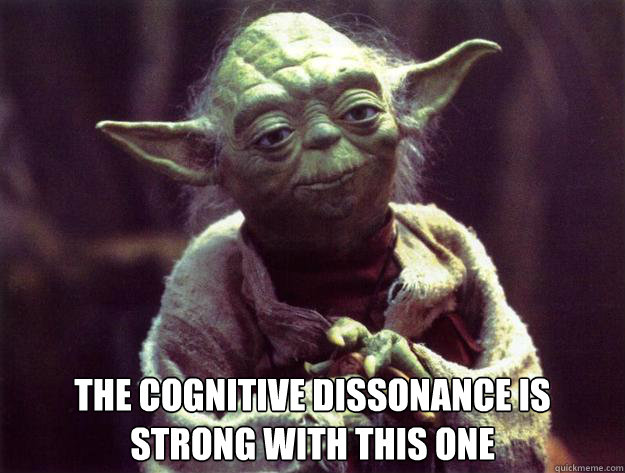Change... ah... one simple word that can cause so much pain. And teachers seem to live in fear of this word more than others. Is this because we are in a profession where change is constant?
Digital technology and e-learning "changes" seem to be one of the most dreaded forms of change in teaching. This makes it really hard to move forward as a whole school because everybody is at varying degrees of acceptance of this change. Fixed mindsets also add to the mix and suddenly everything just becomes too hard and too much too soon.
But perception is everything. I got some feedback today through a whole staff discussion around BYOD that has got me thinking. The feedback wasn't directly aimed at me but because I lead e-learning I listen intently to what people have to say so that I can make future choices about how I support them. A message that I heard (or perceived?) was that people just want one thing at a time to focus on and that there has been too many options of things...
This makes perfect sense! Choose one thing and get to know it well and use it in your practice.
So what is the problem then you may ask? There hasn't been any professional development given around e-learning this term. It hasn't been prioritised. There has been nothing new. And so you can see why I find this message strange and why I want to unpack it further.
There are 2 things that I want to reflect on:
1) How can we expect teachers to embrace change if we don't prioritise support for them to do this.
2) In the big scheme of things, is there just too much change?
Embracing Change
Ok so let's start with an analogy, an analogue analogy even...
Got my cookies, got my milk, got my Viewmaster!
Yeah that's all good but have you got the reels to use in them? Are the reels relevant to what you want to view? Were you even born when these were around??
I can give you the Viewmaster but do you know what to do with it? Ok now you know how to insert reel and push the tab down to change the picture but do you know how you will use the Viewmaster to transform learning in your classroom?
We can't expect everybody to just take the device and know what to do with it. We need to prioritise time for learning/playing/thinking/changing.
Change in Schools
Teachers are busy people. They are given things to do constantly. My desk is an example of this.
 |
| A fair representation (not my actual desk) |
I am constantly under a sea of paper. I get handed bits of paper all the time. The paper trail... the paper chase...
When people perceive change they are not compartmentalising that this is a report change, this is an e-learning change, this is an admin change. Unfortunately changing what code you use on the roll is classed in the same basket as using chromebooks.
But is there a way to streamline this or do we just need to be prepared for change and new things all the time? Is there just too much pressure in general?
Personally I think that the more fixed into structures of timetables, year groups and "old school" thinking then the harder it is to be flexible enough in your day to TRY SOMETHING NEW. People perceive that time not doing maths and literacy is time wasted. So this is more about how we view learning and what that looks like in the classroom. So it all comes backs to pedagogy.
I admit, I can be a slave to the clock - because I am a slave to the timetable. Writing needs to take 45mins, 1 hour for math, 15 mins for fitness. I have become entrenched in the structures of my school. I want to break free! And unfortunately there is only so far I can go with this because of the other structures I sit within (syndicate, school). So here lies the problem.
This is definitely something I want to explore further but I have managed to make the connection between time and change. I'd be interested in any readings that others may have to help me with my learning.
I leave you with this thought from quite possibly one of the best books ever written (full of great quotes for education!).
 |
| A Wrinkle in Time - Madeleine L'Engle |



